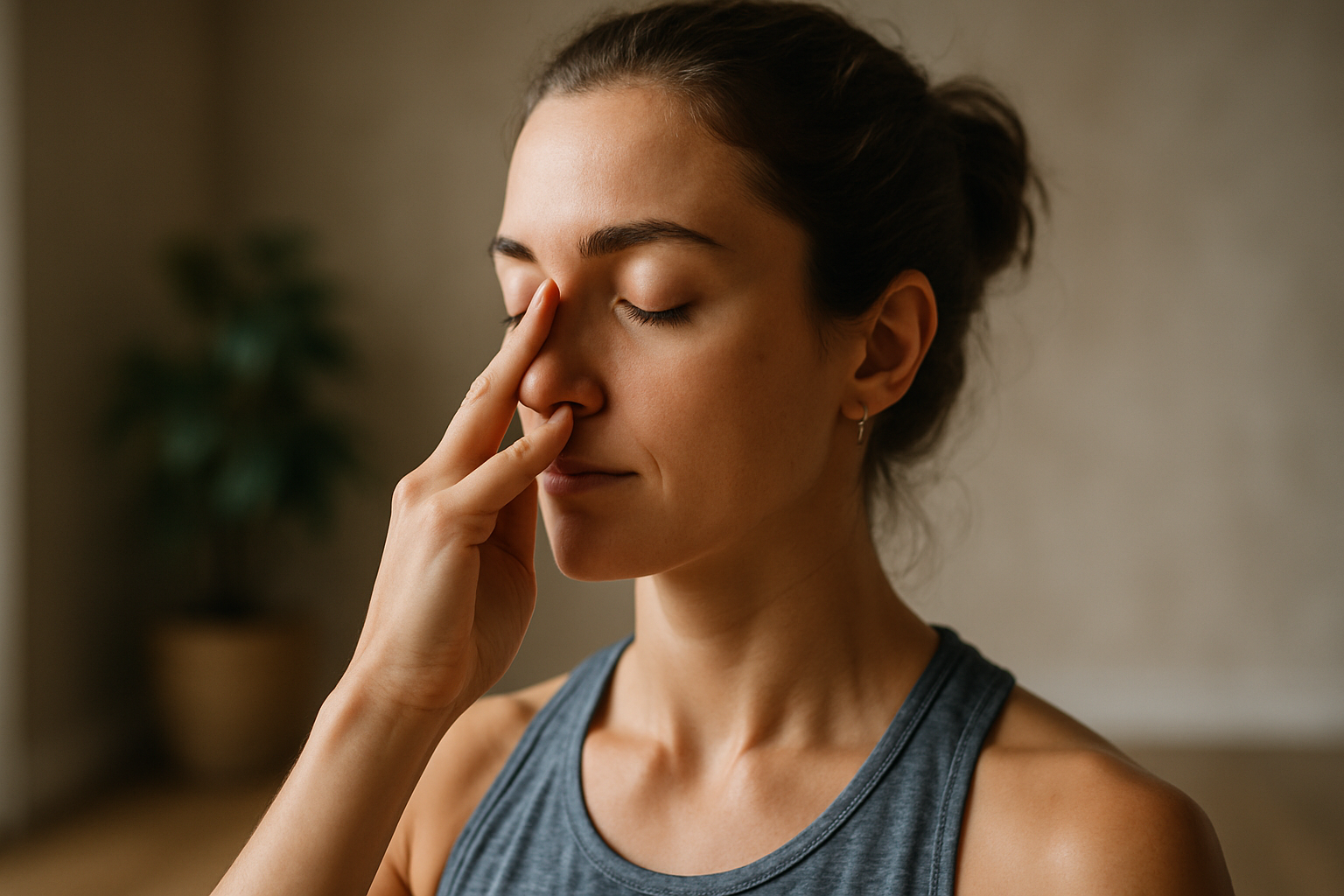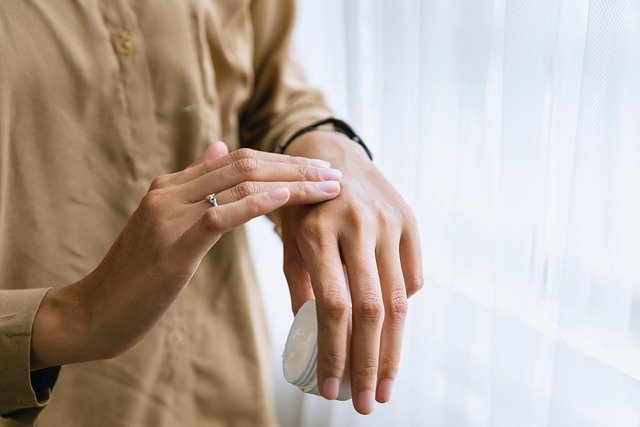Breathing exercises to lower immediate stress
Short, focused breathing practices can reduce physiological arousal within minutes. This article presents practical breathwork techniques and explains how they fit with nutrition, sleep, hydration, movement, and mindfulness to support recovery, mood, energy, focus, and resilience.

When stress rises unexpectedly, deliberate breathing can rapidly shift the body’s stress response and help restore mental clarity. The techniques below are chosen for immediate effect: they are simple, require no equipment, and can be used in the workplace or at home. Alongside breathwork, consistent habits around sleep, nutrition, hydration, movement, and mindfulness strengthen resilience so short practices have longer-lasting benefits.
This article is for informational purposes only and should not be considered medical advice. Please consult a qualified healthcare professional for personalized guidance and treatment.
How does breathwork lower stress?
Controlled breathing influences the autonomic nervous system by activating the parasympathetic branch and reducing sympathetic arousal. Techniques that slow the breath and extend exhalation lower heart rate and decrease the release of stress hormones. Physiological changes often begin within a few breaths, producing a sense of calm that supports faster recovery from acute stress. Regular breathwork practice builds tolerance to stressors over time, improving overall resilience and making it easier to return to baseline mood and focus after disruption.
Can mindfulness enhance breathwork?
Pairing breathwork with mindfulness strengthens attention and deepens the calming effect. Mindfulness encourages nonjudgmental awareness of sensations, thoughts, and emotions while breathing, which helps interrupt rumination and anxiety loops. A short mindful breathing cycle—observing the inhale, pausing, and following the exhale—can improve focus and reduce immediate emotional reactivity. Over weeks, combining mindfulness and breathwork supports habit formation, better sleep, and more consistent energy levels during the day.
What routine supports stress reduction?
Integrating brief breathwork sessions into a daily routine makes them more effective. Try a morning 3–5 minute practice to set focus and an evening 5–10 minute routine to aid recovery and sleep quality. Complement these with regular habits around nutrition and hydration—balanced meals and consistent fluid intake stabilize blood sugar and prevent stress triggers. Movement breaks, even short walks or stretching, enhance circulation and deepen later breathwork sessions. Small, repeatable habits build resilience and make stress-management strategies sustainable.
How to use breathwork in the workplace?
Workplace-friendly techniques are quick, discreet, and reliable when stress or task overload appears. Box breathing (inhale 4, hold 4, exhale 4, hold 4) and 4-6-8 breathing (inhale 4, hold 6, exhale 8) are practical options to restore composure between meetings. Positioning: sit upright with feet on the floor and shoulders relaxed. These methods support clearer decision-making, steadier focus, and better mood without drawing attention. Combining brief movement or hydration breaks further reduces cognitive fatigue and improves recovery during a busy day.
How do movement and hydration affect breath?
Movement and hydration influence respiratory efficiency and the ease of calming the nervous system. Light aerobic activity or stretching increases lung capacity and helps clear metabolic byproducts, making breathwork feel more effective afterward. Staying hydrated maintains mucosal health in the airways and supports circulation; mild dehydration raises heart rate and can intensify perceived stress. For immediate relief, a short walk plus a few deep, diaphragmatic breaths often provides faster normalization of energy and mood than breathing alone.
How does breathwork impact mood, energy and focus?
Breathing practices change the balance of oxygen and carbon dioxide and modulate nervous-system signals, which can quickly shift mood and cognitive performance. Slow, diaphragmatic breathing tends to reduce anxiety and promote calm energy, while rhythmic breathing can increase alertness if paced slightly faster. Regular practice supports recovery after exertion and improves sleep quality, which in turn sustains daytime energy and focus. Integrating breathwork with good sleep hygiene, balanced nutrition, and consistent movement yields the best results for sustained mental performance.
Regular, short breathwork sessions are a practical tool for immediate stress reduction and long-term resilience. Used alongside sensible sleep, nutrition, hydration, movement, and mindfulness habits, they help stabilize mood, improve recovery, and support clearer focus in both personal and workplace settings.






